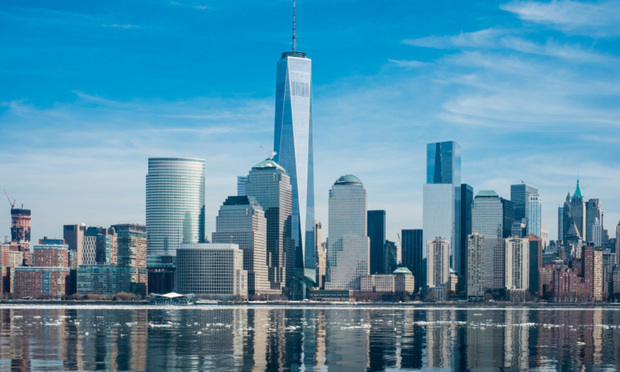On May 5, the New Jersey Supreme Court decided a case that involved a substantial change to a development plan: replacing a proposed tennis facility with two 11-story residential buildings on a platform that extended into the Hudson River. Shipyard Associates L.P. v. City of Hoboken, 2019 WL 149532 (App. Div. 2019), aff’d 2020 WL 2120903 (Shipyard III). The ruling addressed issues of interest to both land use and environmental attorneys.
Shipyard III is the latest decision in a long-running dispute between objectors—the Hudson Tea Buildings Condominium (Hudson Tea), a high-end condominium development whose residents were concerned with preserving their views of the River and the Manhattan skyline; a nonprofit organization dedicated to securing a waterfront park; and the City of Hoboken—and a developer (Shipyard) seeking to complete construction of a planned unit development consisting of a large mixed-use project. Reduced to its essence, the case was about the loss of views and recreational facilities that would result from the construction of two high-rise buildings on a pier in the River.


 iStock
iStock




